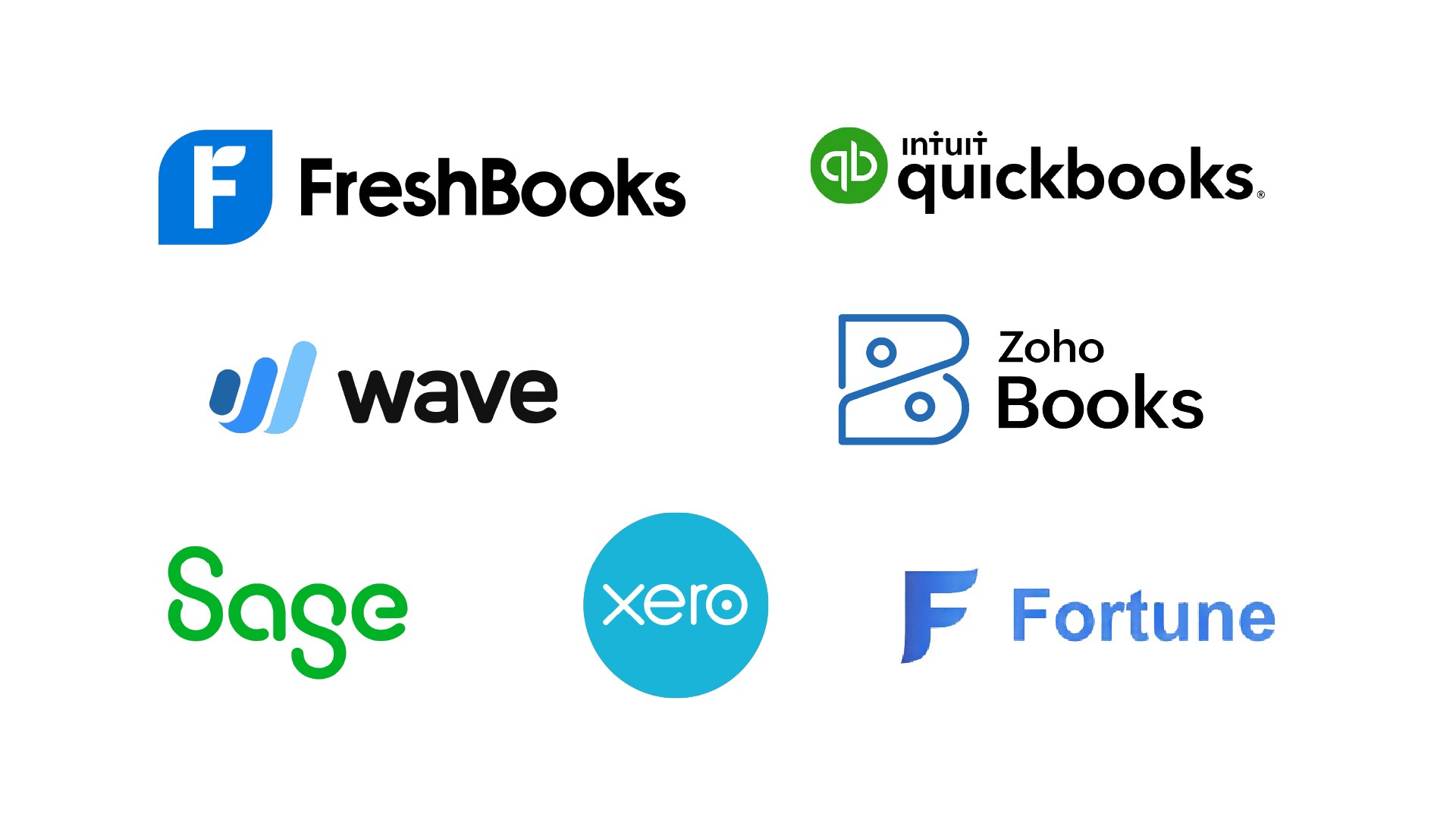
Back to Blog
Share Post:

Accounting
Jul 22, 2024
Managerial Accounting Meaning, Management Accounting.
Managerial accounting, also known as management accounting, is a practice designed to provide managers with key financial and non-financial information to help them make strategic business decisions. It involves the analysis, presentation, and interpretation of accounting information tailored to meet the needs of management, thus facilitating a strategic approach to business management.
From cost behavior, budgeting, and forecasting to performance measurement, managerial accounting encompasses a broad spectrum of activities aimed at enhancing efficiency and driving business success. These activities are rooted in accounting practices that prioritize the strategic use of financial data, including insights from the balance sheet, to guide decision-making.
This article explores the multifaceted role of managerial accounting in modern businesses. It begins by defining managerial accounting and its critical role in facilitating decision-making processes, adhering to accounting standards and practices.
We then contrast managerial accounting with financial accounting to highlight their distinct objectives and beneficiaries, noting the unique position of managerial accounting in the landscape of business financial management.
Following this, we delve into various types of managerial accounting and techniques employed to optimize business operations, always within the framework of sound accounting practices. The discussion extends to the best accounting software solutions that cater to managerial accounting needs, emphasizing their features, pros, and cons, and how they align with accounting standards.
Finally, we address frequently asked questions about managerial accounting, providing concise and insightful answers that reflect the discipline's commitment to enhancing business efficiency and success through strategic financial management.
What is Managerial Accounting?
Managerial accounting is an integral component of the accounting discipline, focusing on providing customized information to an organization's management. This information assists in planning, controlling, and decision-making processes, ensuring that resources are allocated efficiently and organizational goals are met effectively.
Unlike financial accounting, which primarily focuses on historical data, managerial accounting looks forward, using forecasting and budgeting techniques to anticipate future financial scenarios.
The Importance of Managerial Accounting
Managerial accounting plays a crucial role in business operations. Here are a few key reasons why it's so important:
Guided Decision Making: Managerial accounting provides detailed financial data. This data helps managers make smart choices about where to cut costs or invest more. It's like having a roadmap for financial decisions.
Improves Cost Control: By tracking where money is going, managerial accounting helps identify areas where spending is high. This can lead to finding ways to save money without hurting the business.
Aids in Strategic Planning: Looking into the future, managerial accounting uses forecasts to plan for growth. It helps set goals and figure out how to reach them, ensuring the business is heading in the right direction.
Enhances Performance Evaluation: This type of accounting measures how well different parts of the business are doing. It points out what's working well and what needs improvement, helping to boost overall efficiency.
How Managerial Accounting Works
Managerial accounting works by collecting and analyzing financial data to help managers make better business decisions. It starts with gathering information about costs, sales, and other financial activities. This information then gets analyzed to see how the business is doing.
Unlike financial accounting, which looks at the company as a whole, managerial accounting focuses on specific parts of the business. It might look at the cost of producing a particular product or the revenue generated by a certain department.
The goal, as outlined by the Institute of Management Accountants, is to provide managers with insights that can improve performance. For example, it can help in setting prices by understanding all the costs involved in making a product. It also aids in budgeting by predicting future costs and revenues.
This way, managers know where to allocate resources to get the best results. Managerial accounting also plays a role in strategic planning by forecasting trends and helping managers prepare for the future. In short, it turns financial data into actionable insights that drive business success, aligning with the principles promoted by the Institute of Management Accountants.
Managerial Accounting vs. Financial Accounting
While both managerial and financial accounting deal with the financial aspects of a business, they serve different purposes and audiences. Managerial accounting focuses on internal decision-making and is not bound by GAAP (Generally Accepted Accounting Principles), whereas financial accounting is designed for external stakeholders and strictly adheres to GAAP.
The primary difference lies in the audience and intent—managerial accounting aids internal management, while financial accounting caters to external parties such as investors and regulatory bodies.
Types of Managerial Accounting
Cost Accounting:
Cost accounting focuses on tracking, recording, and analyzing costs associated with products or services. It helps businesses understand the cost of creating a product, from raw materials to labor.
This type of accounting is key for setting prices and managing budgets. It makes sure companies sell their products for more than it costs to make them, ensuring a profit.
Budgetary Control:
Budgetary control involves creating budgets for different areas of a business and then monitoring actual performance against these budgets.
It helps managers stay on top of spending and make sure they're not going over budget. If a department spends too much, managers can spot this early and take action to fix it. This process keeps the business's finances in check.
Financial Planning:
Financial planning uses forecasts and models to predict future financial conditions and plan for them. It helps businesses set financial goals and figure out how to achieve them.
This could mean planning for expansion, new products, or other investments. By looking ahead, companies can avoid surprises and make sure they have the money they need when they need it.
Performance Management:
Performance management evaluates how well different parts of the business are doing. It looks at things like sales, production efficiency, and customer satisfaction.
The goal is to find areas that need improvement and celebrate successes. This process helps businesses grow by continuously improving their operations.
Techniques in Managerial Accounting
Managerial accounting uses various techniques to analyze and improve business operations. Here are some key methods:
Activity-Based Costing (ABC): ABC is a way to allocate costs more accurately to products or services based on the activities they require. It helps businesses understand which products are most profitable and which cost more than they should. This can lead to smarter pricing and cost-saving decisions.
Marginal Costing: Marginal costing looks at the cost of producing one more unit of a product. It's useful for making decisions about pricing, and production levels, and choosing between different products or services. This technique helps managers understand how costs change with production volume.
Standard Costing: Standard costing involves setting a "standard" cost for producing goods and then comparing actual costs to these standards. It helps identify where costs are higher or lower than expected, pointing out areas that need attention for cost control or efficiency improvements.
Balanced Scorecard: The balanced scorecard combines financial and non-financial measures to give a complete view of a company's performance. It looks at areas like customer satisfaction, internal processes, and learning and growth, alongside financial data. This broader perspective helps managers make more informed strategic decisions.
Best Accounting Software for Managerial Accounting
Fortune App
Overview
Fortune App stands out as a leading accounting software solution, designed to meet the comprehensive needs of managerial accountants. It provides a user-friendly interface and robust functionalities to facilitate financial management, reporting, and analysis.
Features and Functionalities of Fortune App
Real-time Financial Reporting: Enables businesses to access up-to-the-minute financial data, ensuring that decision-makers are always informed.
Advanced Budgeting Tools: Facilitate detailed financial planning and forecasting, allowing businesses to set and manage budgets effectively.
Customizable Performance Dashboards: Offer insights into key performance indicators, helping managers monitor and improve business operations.
Cash Flow Management and Forecasting: Assist in predicting future cash flows, vital for maintaining the financial health of the business.
Pros
User-friendly Interface: Simplifies complex financial management tasks, making it accessible for users at all levels of expertise.
Detailed Financial Insights: Provides deep insights into the company's financial performance, supporting strategic decision-making.
Scalability: Adapts to the growing needs of the business, making it a suitable choice for both small startups and large enterprises.
Cons
Learning Curve for New Users: The extensive features may require some time to learn, potentially slowing initial adoption.
Higher Subscription Cost: This may be a barrier for small businesses with tight budgets, making it less accessible to some.
Bottom Line
Managerial accounting is a critical element in the tapestry of business management, offering insights and tools necessary for strategic decision-making and operational efficiency. With advancements in technology and the adoption of sophisticated accounting software, the future of managerial accounting looks promising, poised to further enhance business intelligence and financial reporting.
FAQs
What is managerial accounting?
Managerial accounting is the practice of analyzing, interpreting, and presenting financial and non-financial information to assist managers in making informed business decisions.
What is the main focus of managerial accounting?
The main focus of managerial accounting is to provide internal management with relevant information for planning, decision-making, and operational control.
What are the 3 pillars of managerial accounting?
The three pillars of managerial accounting are cost accounting, budgeting and forecasting, and financial analysis.
What is management accounting and example?
Management accounting involves the use of financial information and business metrics to make strategic decisions. An example would be using cost-volume-profit analysis to determine the break-even point for a new product.
Share Post:



